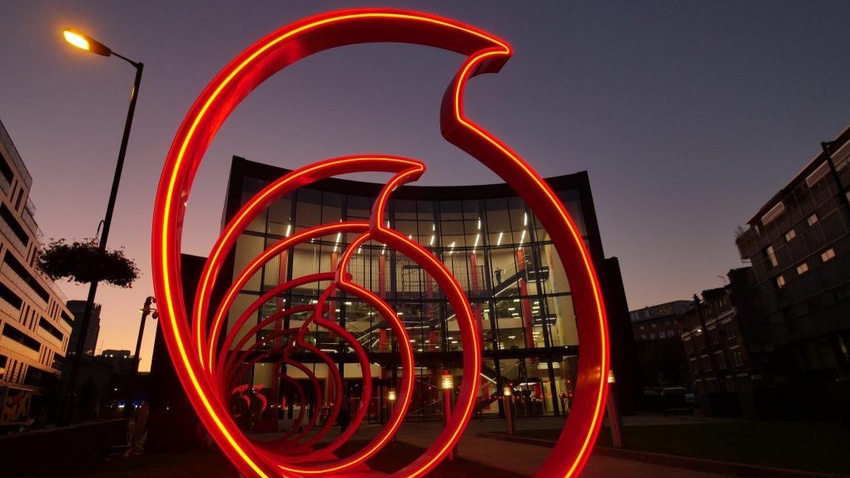Vodafone launches productivity app to give SMEs a leg up
Vodafone Business has teamed up business management software provider Vcita for a productivity app designed to help SMEs more effectively compete with larger firms.
February 19, 2024

SMEs – or small and medium-sized enterprises – contribute 55% to the EU’s Gross Domestic Product, we’re told, and the Vodafone Business Management tool is supposed to give them ‘the same productivity advantages that large companies already enjoy.’
Vodafone claims the app can do this by replacing manual tasks with automated and digital services, which will in turn boost their productivity, customer relations, and revenue.
Vodafone says that according to research around 84% of SMEs still rely on manual processes to fulfil daily tasks, like invoicing, which on average equates to around 120 working hours a year. The app is supposed to step in for such businesses with limited resources to digitalise tasks like this and help them manage growing their customer base.
“Vodafone Business’ goal is to become the trusted partner for all companies, both small and large, on their digital journey,” said Giorgio Migliarina, Interim CEO of Vodafone Business. “Our partnership with Vcita is part of our investment in the development of software, cloud, and cyber security products specifically for SMEs who are key to the future prosperity of our economies.”
Itzik Levy, CEO and Founder of Vcita, added: “We are thrilled to be partnering with Vodafone on a global level. With Vodafone Business Management tool with Vcita, Vodafone goes beyond the traditional role of a telecommunications provider and offers SMEs the ultimate digital business management solution that is critical to their success. We’re proud to be the technology provider powering this solution and we look forward to our continued partnership.”
The app has been launched in Italy where it is being flogged for €45 per month for the ‘CRM starter’ or a more advanced version at €75 per month, and will be progressively rolled out in other European markets.
Meanwhile, Vodafone recently announced the HyperRealityHub – an XR solution aimed at businesses and consumers which it will be showing off at MWC next week. It enables ‘split compute’ which reduces the computing requirements and can allow for a more lightweight design.
It’s based on the Snapdragon AR2 Gen 1 Platform, and uses distributed architecture that allows for the computing requirements to be shared between the hub, the glasses and across the cloud. It also has something called ‘high edge AI capabilities’.
All in all the pitch seems to be that having much of the compute done elsewhere means you don’t have to have quite so much technology on top of your head, which may actually become quite relevant since there have been customer complaints that the Apple Vision Pro is somewhat unforgiving in that regard.
Read more about:
MWC 2024About the Author(s)
You May Also Like








.png?width=300&auto=webp&quality=80&disable=upscale)


_1.jpg?width=300&auto=webp&quality=80&disable=upscale)


.png?width=800&auto=webp&quality=80&disable=upscale)